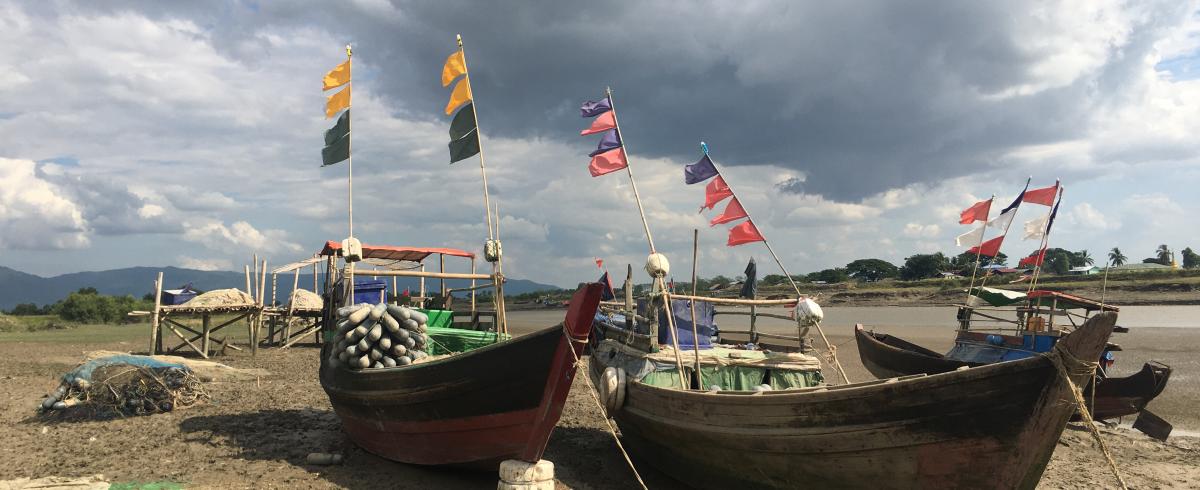Ocean & Women
This short film presents the story of a Ghanaian fish worker, Peace Gavour Abla, and discusses the challenges faced by Ghanaian women living in coastal communities. The film highlights the importance of improving the protection of women’s human rights in small-scale fisheries and holding governments and businesses accountable

